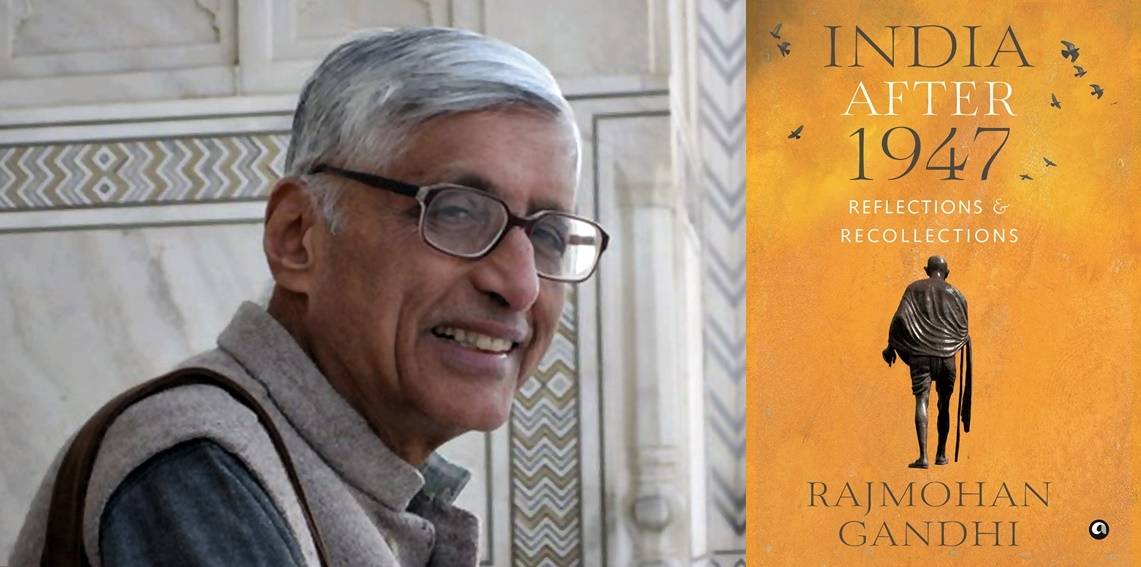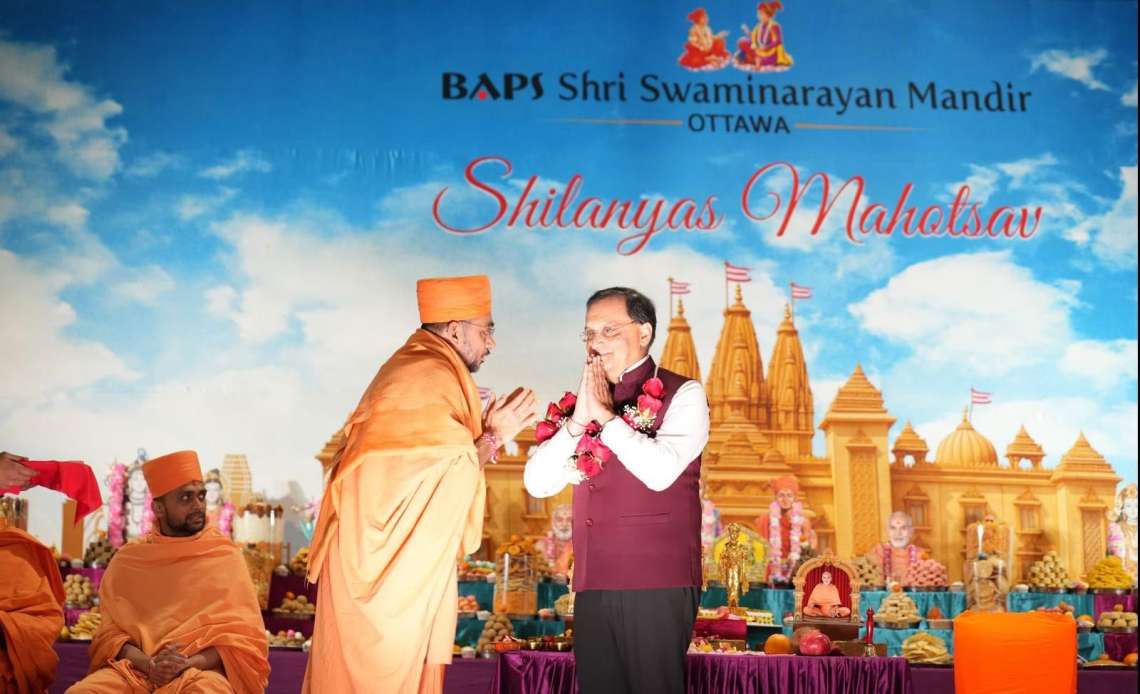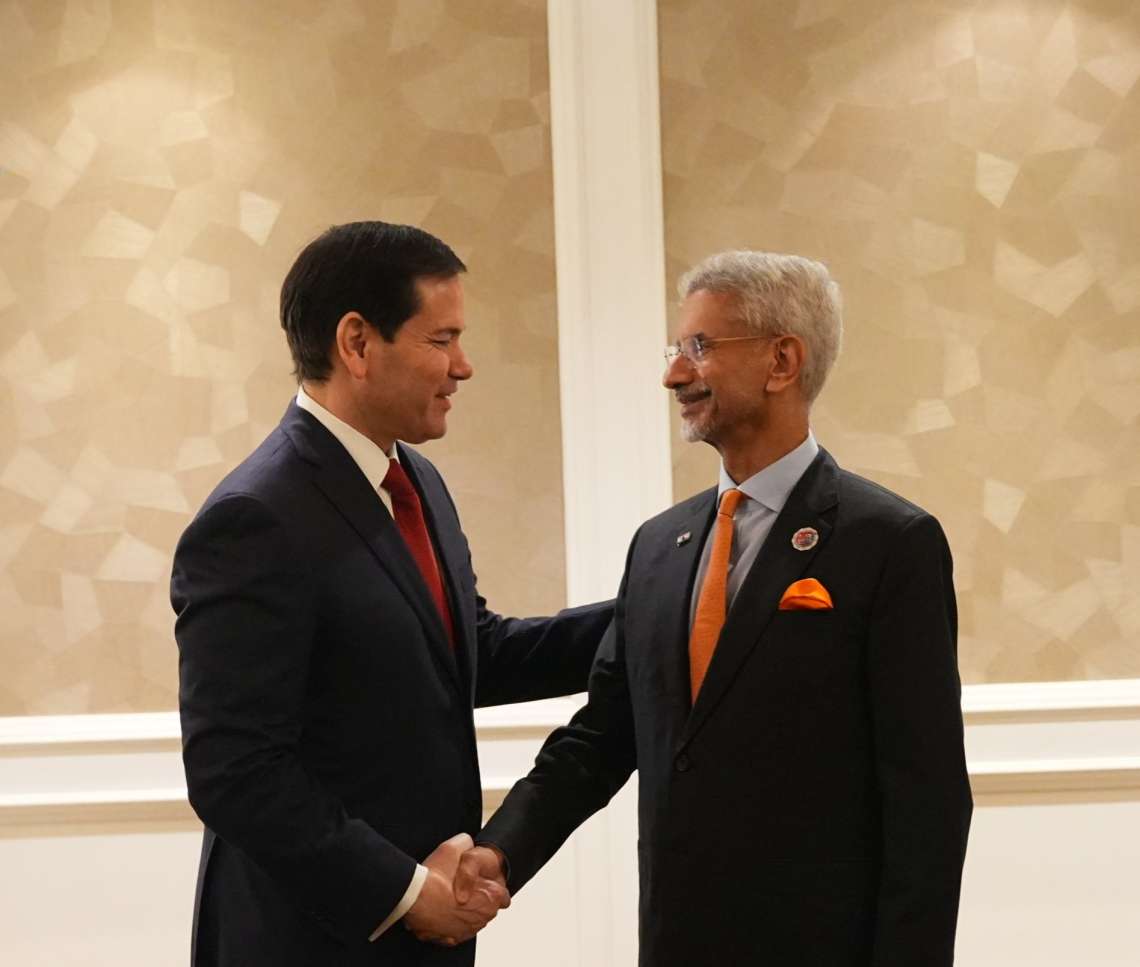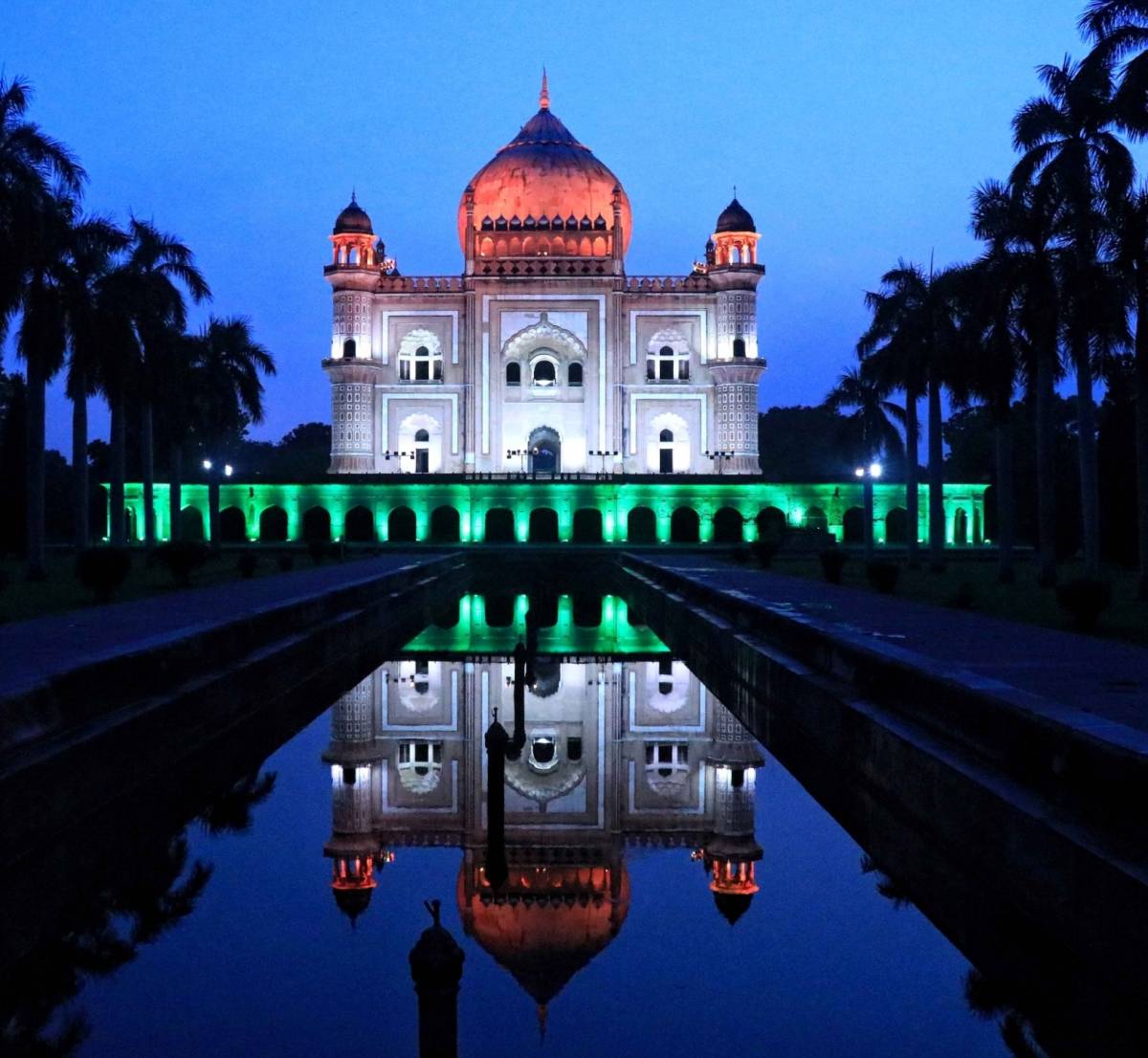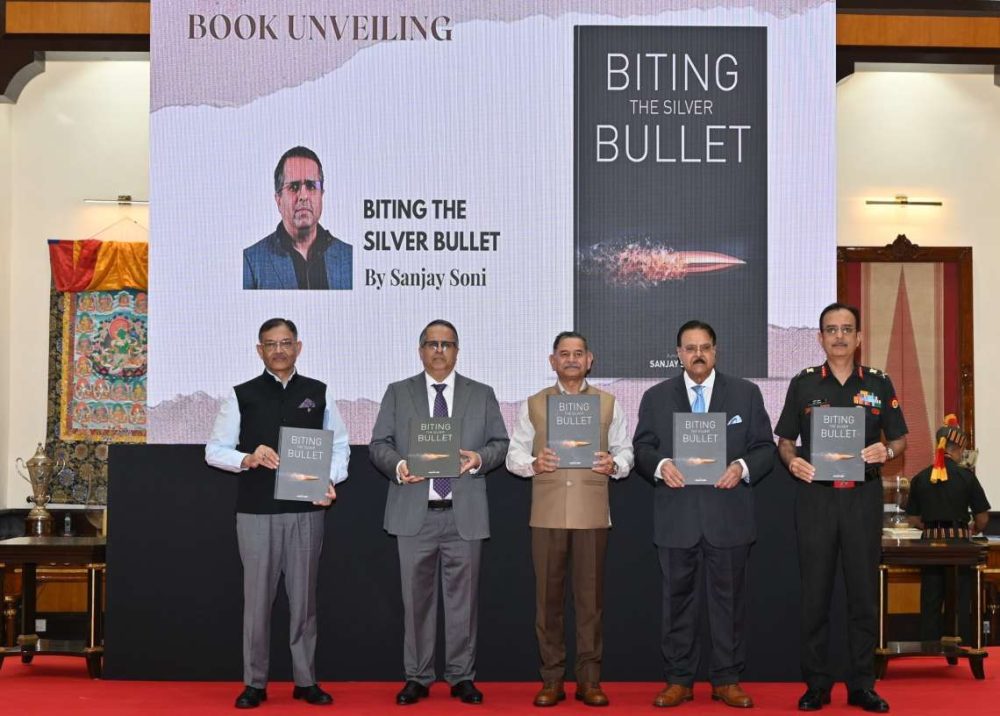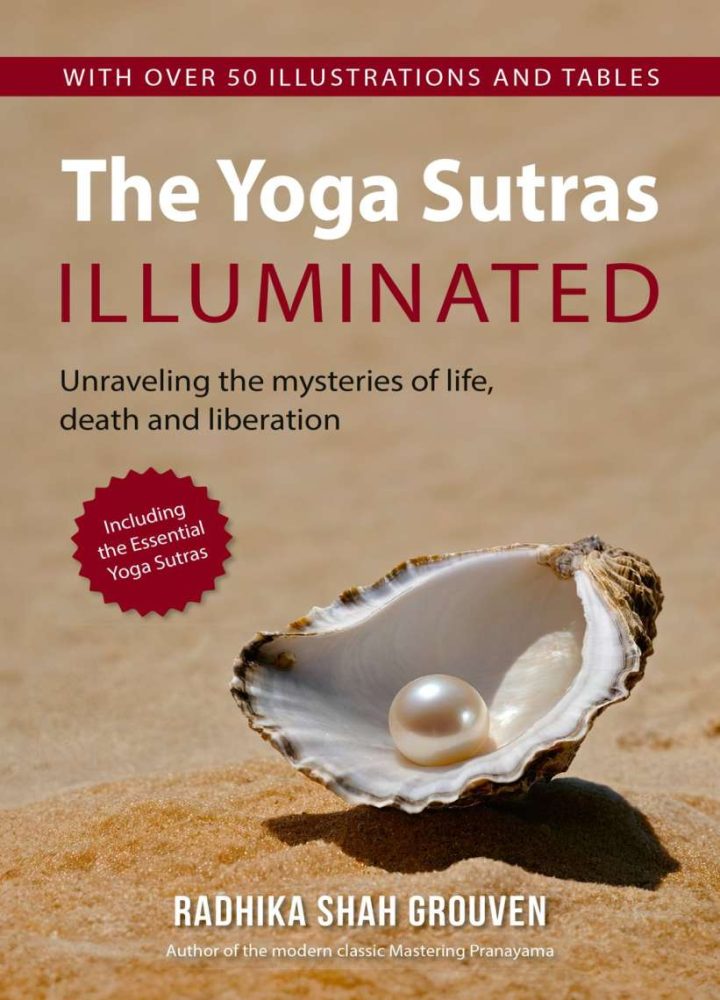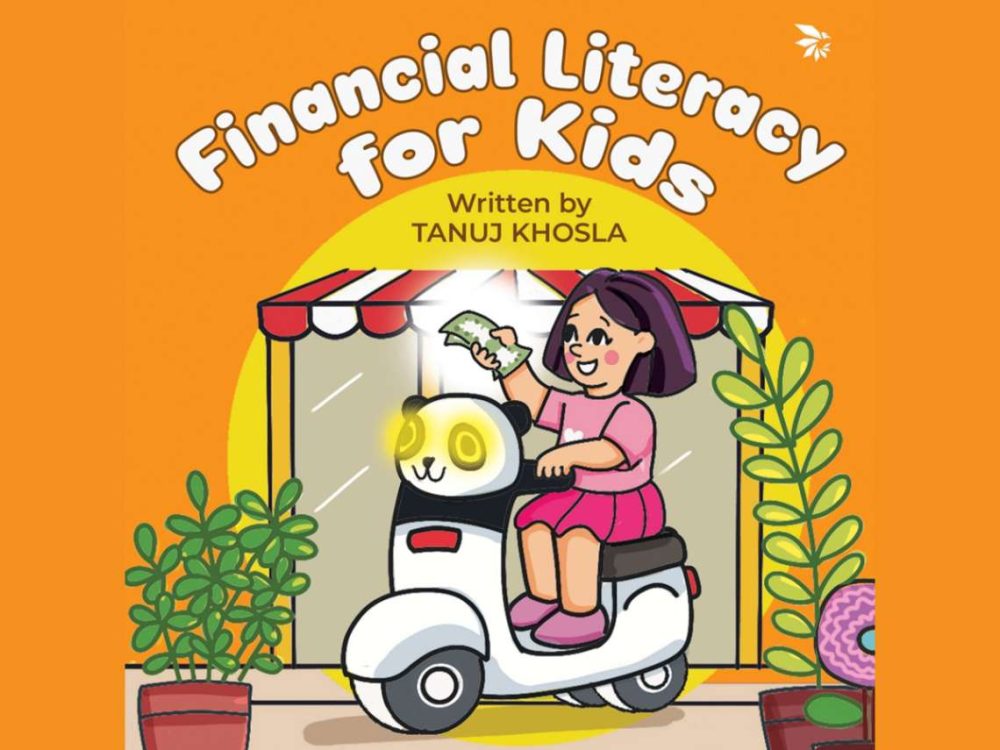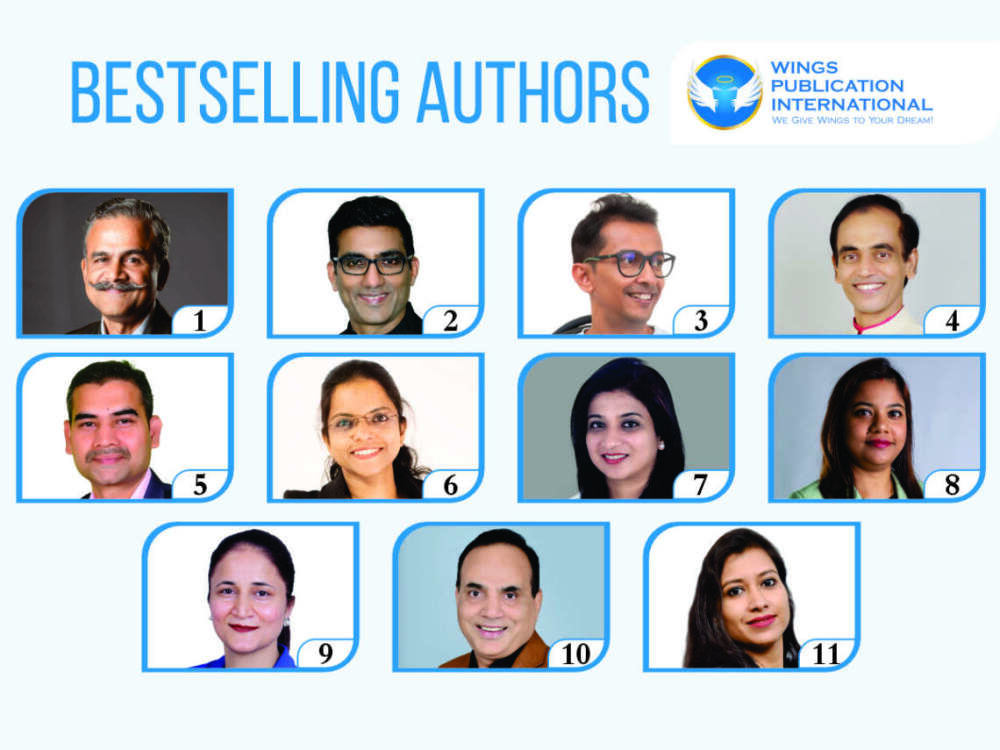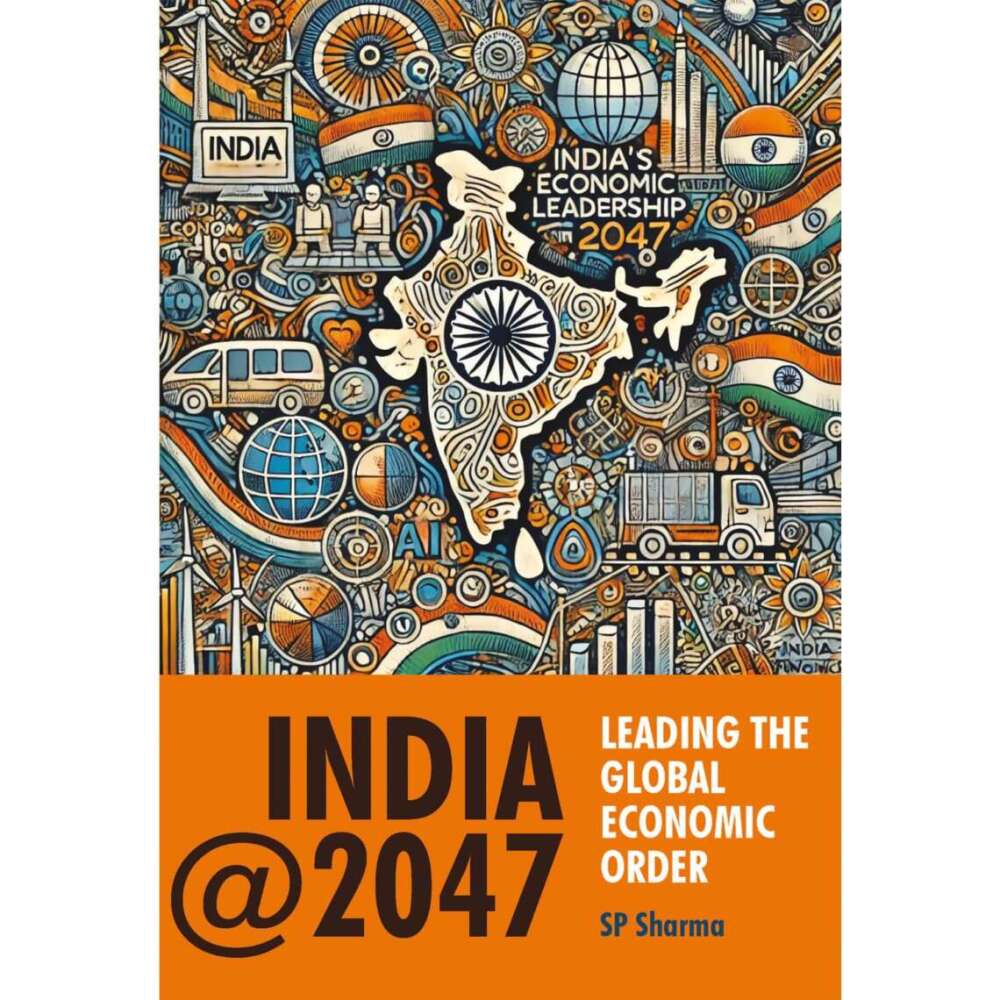Gandhi also depreciates the fact that the unceasing debate on India’s standing in the world, and whether it has gone up or down in recent years, “usually leaves out the biggest question. What does India stand for?”…writes Vishnu Makhijani
In the 20th century, the global media spoke of democratic India “as a hope giving marvel”. Today, the country is “in the hands of diligent leaders and dedicated organisations whose first commitment is not to democracy or equality” but Hindu nationalism, leaving out the biggest question of “What does India stand for”, writes biographer and historian, and Mahatma Gandhis grandson, Rajmohan Gandhi as he reflects on the state of the nation in the 75 years since Independence.
“In the 20th century, the world’s newspapers spoke of democratic India as a hope-giving marvel. A densely populated country with high levels of illiteracy and poverty, a bewildering variety of religions, castes, and languages, and a history of internal conflict was functioning as a democratic polity and trying to become a society of liberty, equality, and mutual friendship!
“Today, however, the Indian state is in the hands of diligent leaders and dedicated organisations whose first commitment is not to democracy or equality. Hindu nationalism may summon noble stories from the past. It may evoke passions to avenge supposed wrongs enacted a thousand years ago. But it will never permit equality to a Muslim, a Christian, a Sikh, or a Buddhist. Unless they say they are really Hindus, that their Islam, Christianity, Sikhism, or Buddhism is secondary to their ‘Hinduness’. Which most of them will never say, not even under duress,” Gandhi writes in “India After 1947 – Reflections and Recollections” (Aleph).
If Hindu nationalism permits of no equality to those outside the Hindu world, “within that world it only permits tactical, not genuine equality. The virus of high castes, low castes, and outcastes is a stubborn legacy from out past”, Gandhi writes, lamenting that “despite the injustice lying at its heart, Hindu nationalism commands vast resources. It possesses state power, street power, and money power, and controls the bulk of the media”.
In such circumstances, Gandhi maintains, “the prospect of rebuilding Indian democracy must seem quixotic. Overcoming Hindu nationalism in India is likely to be as hard a test as, for example, overcoming Islamic nationalism in countries like Turkey and Iran. Or perhaps even harder. The challenge is probably beyond the capability of political leaders, no matter how gifted, or of parties, no matter how large”.
Contending that the ball is thus “in the court of the Indian people, a frequently underestimated force”, Gandhi writes: “The people will act or react at times of their choosing, when events throw up opportunities. At times elections may provide opportunities, and moments may arrive when our people openly or quietly press the change button.”
However elections are “dicey affairs” going by India’s experience and that of countries like Iran and Turkey, the author writes.
“Many things, and a variety of parties, must come together if a juggernaut backed by great wealth and claiming to represent the national religion’ is to be defeated at the hustings,” Gandhi states, admitting that it is not reasonable to expect political parties to perform miracles, “whether of unity, dazzling appeal, or something else, before circumstances change” and blaming them “when miracles are not produced is a waste of energy”.
Until circumstances change, the author writes, “we should welcome any stroke for liberty and democracy, no matter how inadequate or isolated. We should not mind whether the stroke comes via the political platform and vote , or through the power of disciplined protest, or through the bravery of a judge, bureaucrat or reporter, or the words of a poet or songwriter, or in any other form”.
Such stokes not only can come but have been coming day after day, in place after place, Gandhi notes.
“These last few years, India has witnessed an array of creative and courageous young women and men, and their older compatriots, fighting for precious values, and willing to pay a price” and they include students, reporters, photographers, artists, poets, singers, scholars, lawyers, judges, and more, Gandhi maintains.
Asserting that democracy has been India’s strongest card but one that has weakened in recent years, the author warns that “a Hindu Rashtra will snuff out candles of hope in nations far from India and those close to it”.
Gandhi also depreciates the fact that the unceasing debate on India’s standing in the world, and whether it has gone up or down in recent years, “usually leaves out the biggest question. What does India stand for?”
“What are the ideas that India is contributing to our world? Calm, poise, and mindfulness through yoga? No doubt about that. While not everyone in the world who benefits from yoga or allied practice thinks of India while engaging in it, Indians can feel legitimate pride in this steady extension of an Indian or eastern insight to all parts of the earth”…but “Indians do not exist for India alone”, the author writes.
“India has to offer a message to a humanity where doctrines of supremacy are once more resurgent, yet equality’ and mutual respect’ are not the headlines that jump out of today’s India,” Gandhi write.
Gandhi closes with a grim warning that with India’s footprint being stamped more and more across the world, “in all these countries, it’s not just India’s name that is at stake. The daily life of people of Indian origin everywhere is affected by the state of Indian democracy. In much of the world, Christianity or Islam is the religion of the majority. Denying rights to India’s Muslims and Christians causes problems straightaway for Indians outside India. It’s an anti-Indian exercise, not just an anti-democratic exercise. Anything more foolish is hard to imagine”.
ALSO READ-R-Day in pictures


